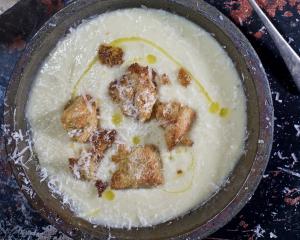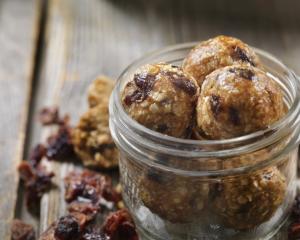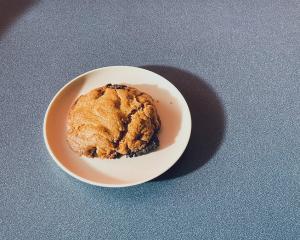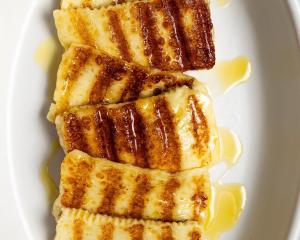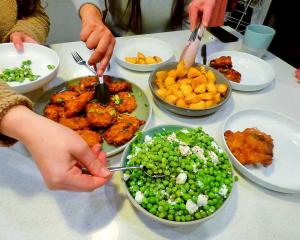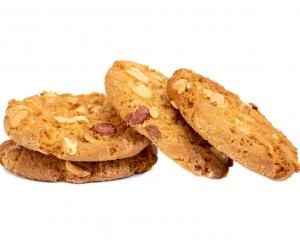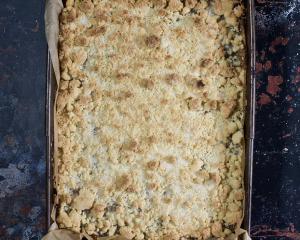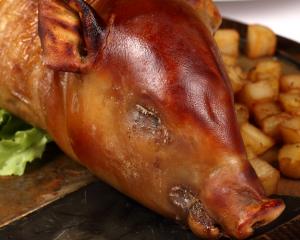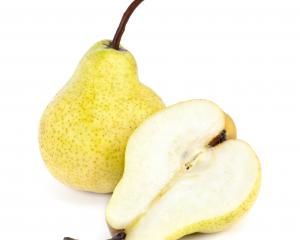Ranfurly beer has been around since 1987.
It has never claimed to be an award winner, but it is wet, cheap and has its followers.
The beer takes its name from the little Central Otago settlement of Ranfurly (no-one now remembers why) as do its new younger brothers, Ranfurly Frontier Station Pale Ale and Frontier Lager, which reached the market this month.
The newcomers' labelling gives them the appearance of premium (5%) beer but, like the original Ranfurly, they are 4% strength and therefore do not have the richness of flavour one would expect from a stronger brew.
The pale ale (about $19 a dozen, compared with $17 for the older Ranfurly label) has more flavour than the lager (about $22) which, well chilled, lacks bitter hop aftertaste and effervescence.
Independent Liquor was set up in Auckland in 1987 by the late Michael Erceg, producing Ranfurly and a cheap, apple-based casked "wine" called Brother Dominic before concentrating on ready-to-drink soft drink and spirit mixes.
The enterprise, now overseas-owned, remains largely spirit-focused, with a large range of RTDs and spirit brands.
It has several beer brands.
Haagen, NZ Lager, NZ Pure and Ranfurly are locally made and Carlsberg, Tuborg (both Denmark) and Kingfisher (India) under licence.
Nostalgia
DB Breweries has reproduced DB Export (5.35%) to mark its 50th anniversary, although the brew was replaced in 1987 by Export Gold (4%) and Export Dry (5%).
The taste of it brings back memories.
Most local beer in the 1950s was 4% - a hangover from wartime restrictions on a beer's strength.
The new DB was so-named because anything stronger was usually from overseas and therefore called "export strength".
The Labour Government's "black budget" in 1958 savagely increased excise on imported beer and limited its importation, so the local industry's response was to create its own stronger brews - Steinecker (renamed Steinlager in 1962) that year and Export 18 months later.
The old Export is a short-term release in packs of two 750ml bottles for between $10 and $12.
Girls' drink?
Mac's (New Zealand Breweries) and Monteith's (DB Breweries) apple ciders are proving a hit with women as an alternative to beer and, now, Mac's has joined its rival with a pear cider.
The pear cider is 5% - a bit stronger than its apple cider (4.5%) - and retails for about $17 a six-pack (or $29 a dozen) compared with Monteith's $15.40 four-pack.
There's not much between the two brands: Mac's pear and apple ciders have a riper character than the Monteith's "greener" and therefore more refreshing version.
Mac's ciders are called Isaac's because Sir Isaac Newton's theory about gravity is said to have come while he sat under an apple (not a pear) tree.
Ciders are so easy to drink that they can give you a sore head - just like Newton when a falling apple gave him his inspiration ...
Cider on ice is popular, but why water down the flavour? Ice-cold is better.

